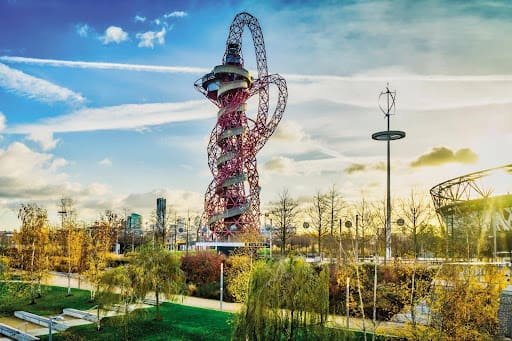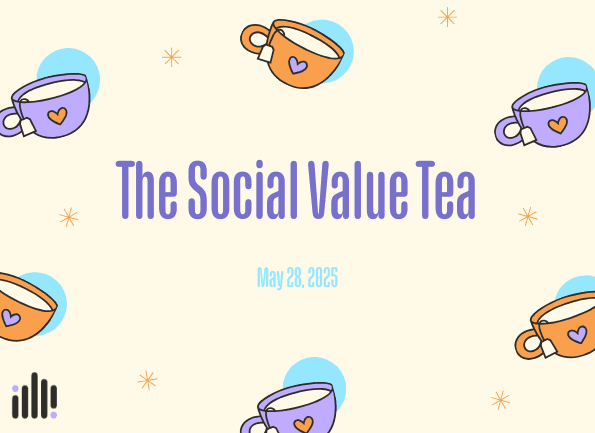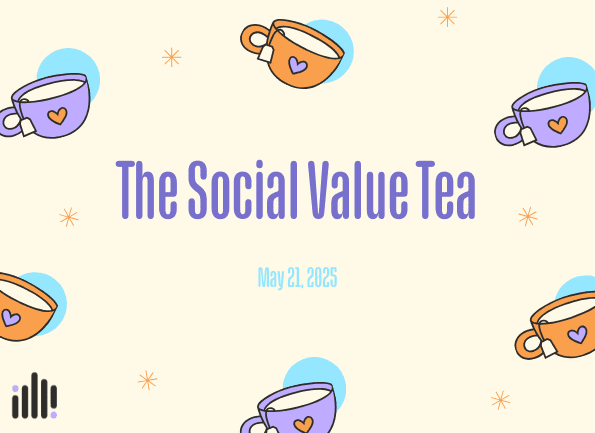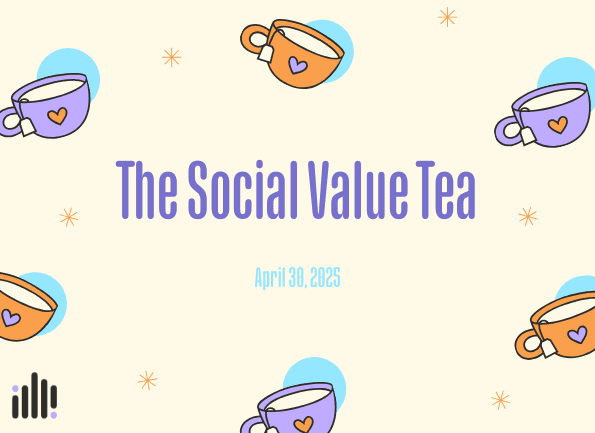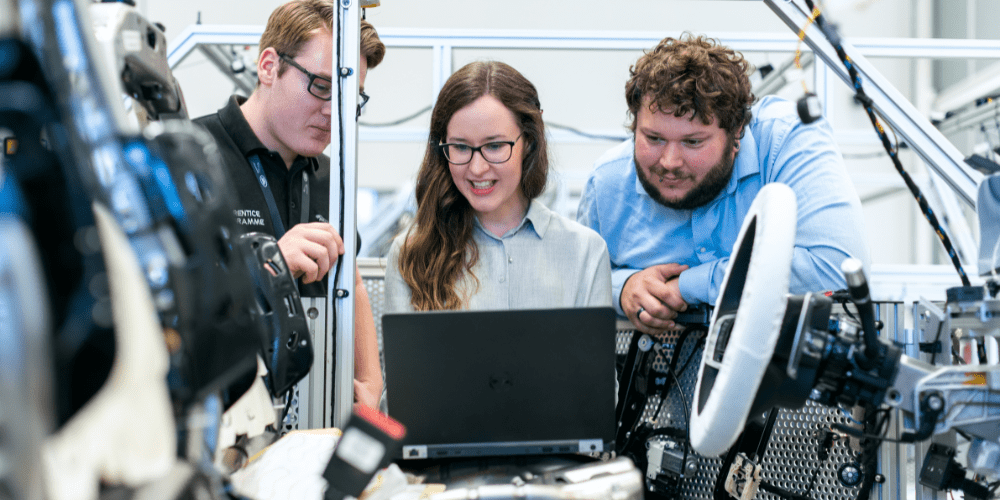Why bigger isn’t always better when it comes to social value
When we talk about social value, it’s often the big-picture issues. Everyone would love to uncover a solution to save the planet, eradicate poverty, or bring about complete gender and racial equality. But as much as generating social value is about playing our part to reverse global problems, it’s also about helping on the local level. It’s ensuring residents from your community feel safe, improving their wellbeing, and boosting local employment or education.
Rather than packing on the pressure to change the world overnight, it sometimes pays to take a step back and remember that all social value is important. No matter the size or scope.
We also tend to think we need big gestures to make the most difference. But you can also have a significant and long-lasting impact on people’s lives without completely rethinking your approach or committing time and resources beyond your capabilities. s
Sure, tackling the bigger issues would be great. And, ideally, that’s where we’re heading as a collective. But they will also take more than one business or team doing the right thing. So instead, we want to spend today looking at a great example of how smaller initiatives can be just as meaningful.
The Queen Elizabeth Olympic Park
Purpose built for the 2012 Olympics, the Queen Elizabeth Olympic Park is a prime example of how bigger isn’t always better when it comes to social value. Sometimes, it’s small and specific changes that have the greatest impact on local people.
One recent development is that they’re reimagining walkways around the park. Following consultation with the community, they’re making the most travelled routes more accessible for families with buggies, commuters in a rush, or those getting out for exercise or relaxation. It’s not a massive change. But when you think about how and how often the space is used, it could end up equalling the value generated by a much larger project.
“Sometimes the social value interventions that have the biggest impact are actually quite small. […] In the end, it means more people are getting better-quality use out of a true community asset. That is essentially the definition of social value.” – Deanne Everitt, Atkins
Another area of focus has been improving safety in the park for women and girls. In response, the London Legacy Development Corporation (LLDC) is working with the community to hold space for important conversations on the topic. They’re also numbering lampposts to make it easier for people to request help should they ever feel unsafe.
Quality over quantity
These seemingly small changes will completely redefine how people use the park. By focusing on quality, tailored solutions, they’re better embedding the park into the daily lives of residents. And they’re working to improve local health and wellbeing along the way.
The parkland receives 1.7 million visitors each year, while the venues around it see a further 5 million. That equates to £6.7m a year in recreational enjoyment.
So while they could worry solely about how to tackle large-scale issues such as reducing emissions or boosting employment through internships, they’re focusing on uncovering specific interventions to respond to local community needs. Finding ways to help those millions of people enjoy and use the community asset even more.
What’s the takeaway?
All of this is to say that all social value matters. By recognising that even the smallest interventions can have a meaningful social impact, we’re able to find small ways to deliver value at every stage of a project or development.
Spending millions on solar panels or building a new community centre is great. Definitely aim for those goals, because ambition is going to get us to a place we need to be. But acknowledge that it isn’t the be all and end all for every project or area. And sometimes these big solutions don’t factor in the needs of those who matter most: the everyday users.
Projects like the Queen Elizabeth Olympic Park show us that being considered in your value generation can deliver more targeted solutions than focusing on the biggest and flashiest ones.
Think about community
If we focus more on responding to individual community needs, we will more effectively change local lives. Moving forward in this way also allows us to get more creative with how we leave our mark on the world. And opens up more opportunities to smaller, local businesses who might otherwise struggle to engage with social value.
To create large, global-level adjustments, we need to start small, with every project and business making a handful of changes. They might seem small and insignificant in the grand scheme of things, but they all add up. It’s a snowball effect. And it’ll be a much more sustainable way to make the progress we want.
So, the next time you’re feeling overwhelmed or under pressure to up your social value game, step back and take a breath. Rather than striving for the most impressive solution on paper, think about what will have the biggest impact on the people you’re actually trying to help. Social value becomes a lot less scary when you realise that all interventions – big or small – are progress in the right direction.
Not sure what direction to go at your local level. Let’s discuss your options. Impact is a framework-independent platform that puts social value on autopilot. Track an unlimited number of social, environmental, and governance metrics to visualise the full impact of your operations, services, and projects. To find out more, schedule a demo, or get in touch with the team on 0161 532 4752.
